One of the things which can press the pause button on a project fairly swiftly, is coming across a weird fixing, then not having the right tool to handle it. A good example is the Torx head on a screw or bolt. If you haven’t had the pleasure, the Torx is a variation on the Allen screw, but the instead of a straightforward hex drive head, the drive socket on the head resembles a six-pointed star.
If you don’t have a set of Torx drivers then that’s it, game over until you do, and no amount of “creative thinking” is going to get you around it. It’s fair to say that, except where cars have been modified (and more of that later) Torx head bolts won’t appear on an older classic (pre or post-war) any more than Phillips head screws will. But on modern classics they can be plentiful.

I’m never sure whether they were invented to obstruct tinkering, make thieving more difficult or because they might be less prone to rounding-off the socket in the bolt head, but there’s good news, it doesn’t cost a fortune to get tooled up with the right kit. A decent socket set (I’ve used the Halfords Professional sockets for years, the store was handy and they’re excellent quality) will include a set of Torx drivers to fit a 3/8” socket, along with Allen drivers.
However, just as you’ve got that one licked, along comes Son of Torx. The offspring is an especially nasty little fella with a small pin in the middle of the star socket. A standard Torx driver won’t do the job (unless you can knock the pin out with a punch). You need Son of Torx driver for that, which has a hole in the end to accommodate the pin. Those things really are the work of the Devil and can only be designed to prevent tampering.
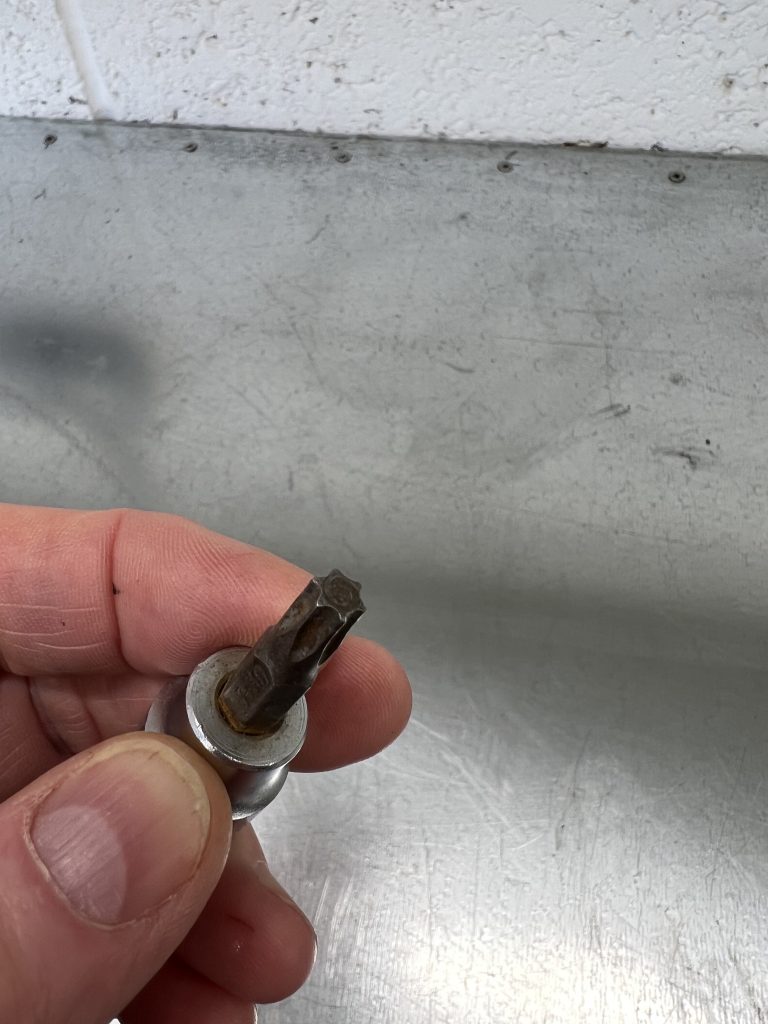
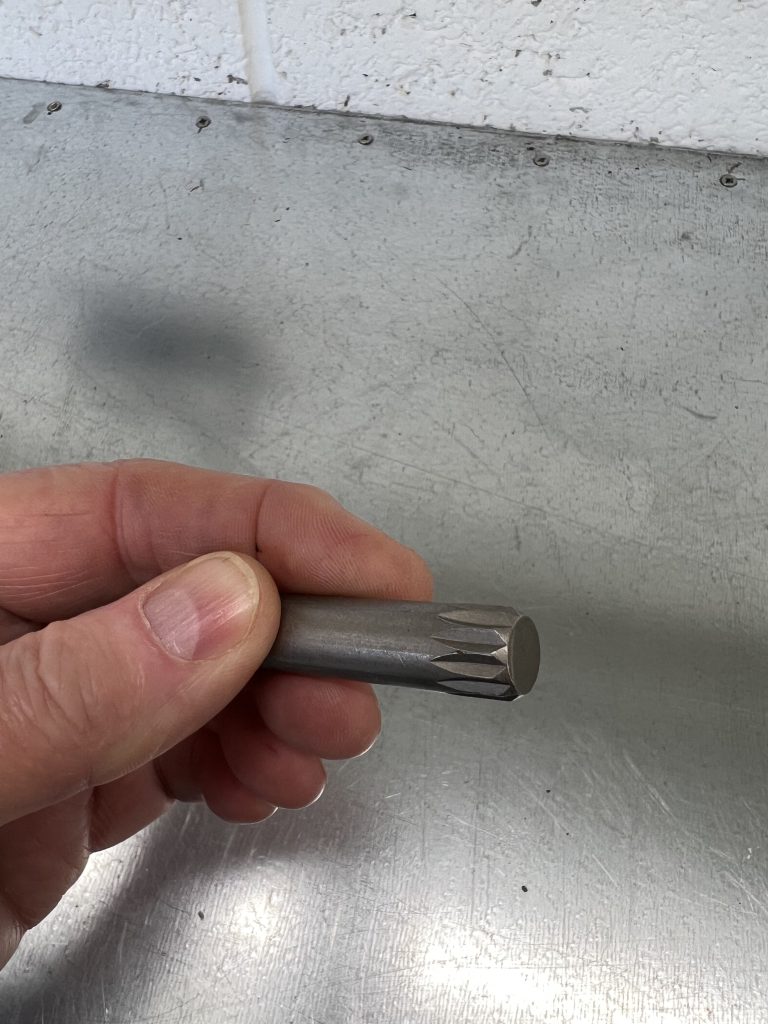
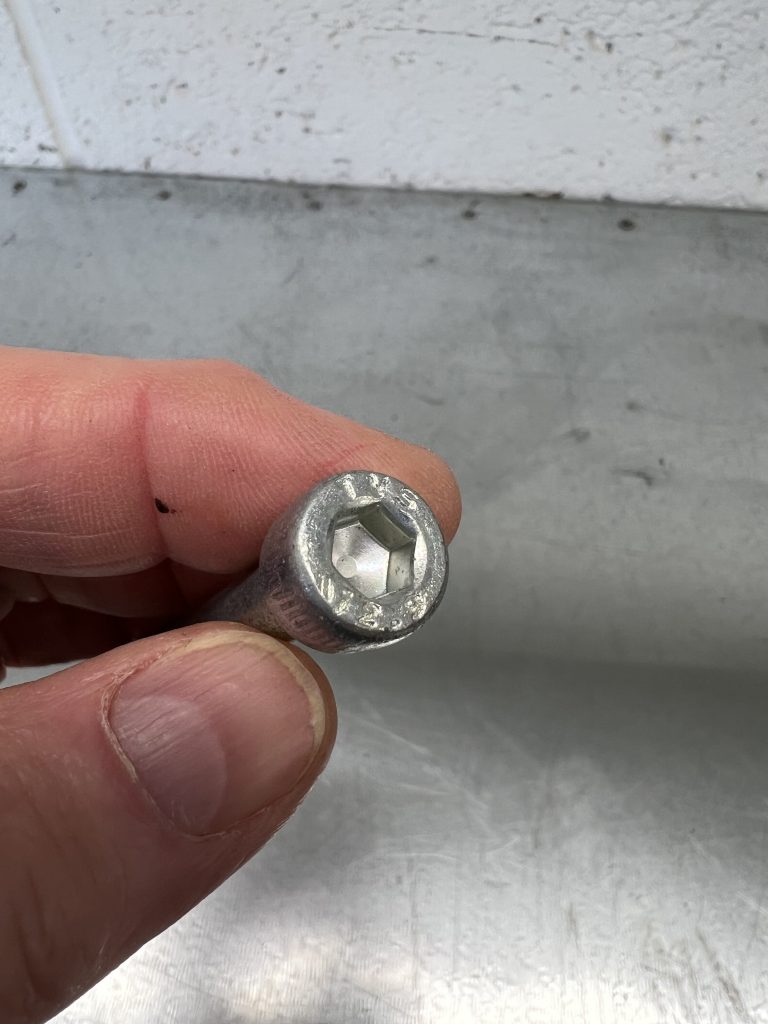
I was working on a modern machine the other day and found a combination of Torx and Allen in the area I was tackling. A professional video I was watching to help with fitting an accessory suggested a trick for getting more leverage on a conventional Allen key by slipping a ring spanner over the short arm of the key, then using the spanner to get extra leverage. I chose Allen drivers from the socket set for the job but it reminded me how having a couple of different style tools in the box can be handy for tight spaces.
Allen keys come in many shapes and sizes. There are conventional right-angle keys or T-Drives, straight keys with a plastic handle across the top. These are useful for working quickly on a job which is Allen bolt-intensive and less clumsy to manipulate than a conventional key. One of my favourites, though, is the ball-ended Allen key. Draper makes decent sets of these, with a hexagonal ball on the tip of the longer arm allowing Allen screws to be cracked at awkward angles. Then there’s the Allen drivers in a socket set, good for accessible screws and cracking larger sizes because of the extra leverage, but also bulkier so not great for small spaces.
Something that threw me some years ago (on a Mk2 Ford Escort modern rally car again) were some large spline drive bolts clamping the propshaft and differential flange together. Instead of six star blades or flats like Allen or Torx, the driver and bolt head are male and female splines respectively. They were probably used for the more robust purchase they give the tool (compared to Allen or hex) as the bolts were very tight. Part of the reason is that because of the one-to-one top gear of the six-speed gearbox and a high-revving (9000rpm) engine, the propshaft is going at a hell of a rate. They certainly did the job and I could see why they were used, but I had to order a special set of spline drivers set especially for it. I don’t mind that though. It’s the way good sets of tools grow over time.
Check out the Hagerty Media homepage for daily news, features, interviews and buying guides, or better still, bookmark it. Or sign up for stories straight to your inbox, and subscribe to our newsletter.





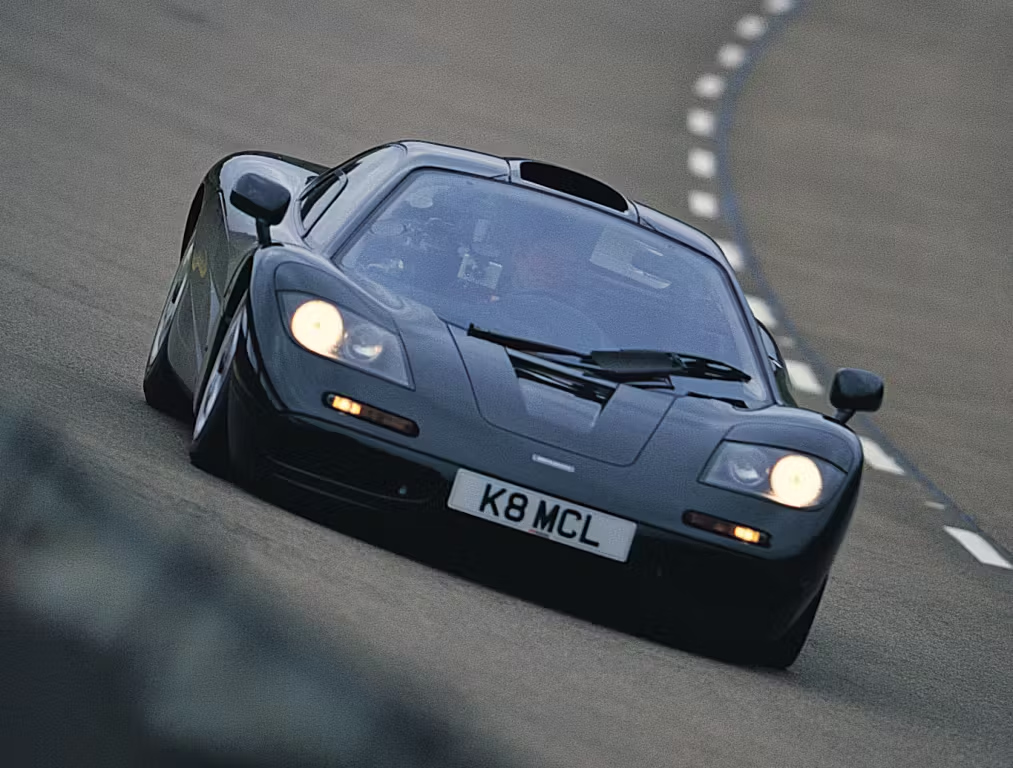

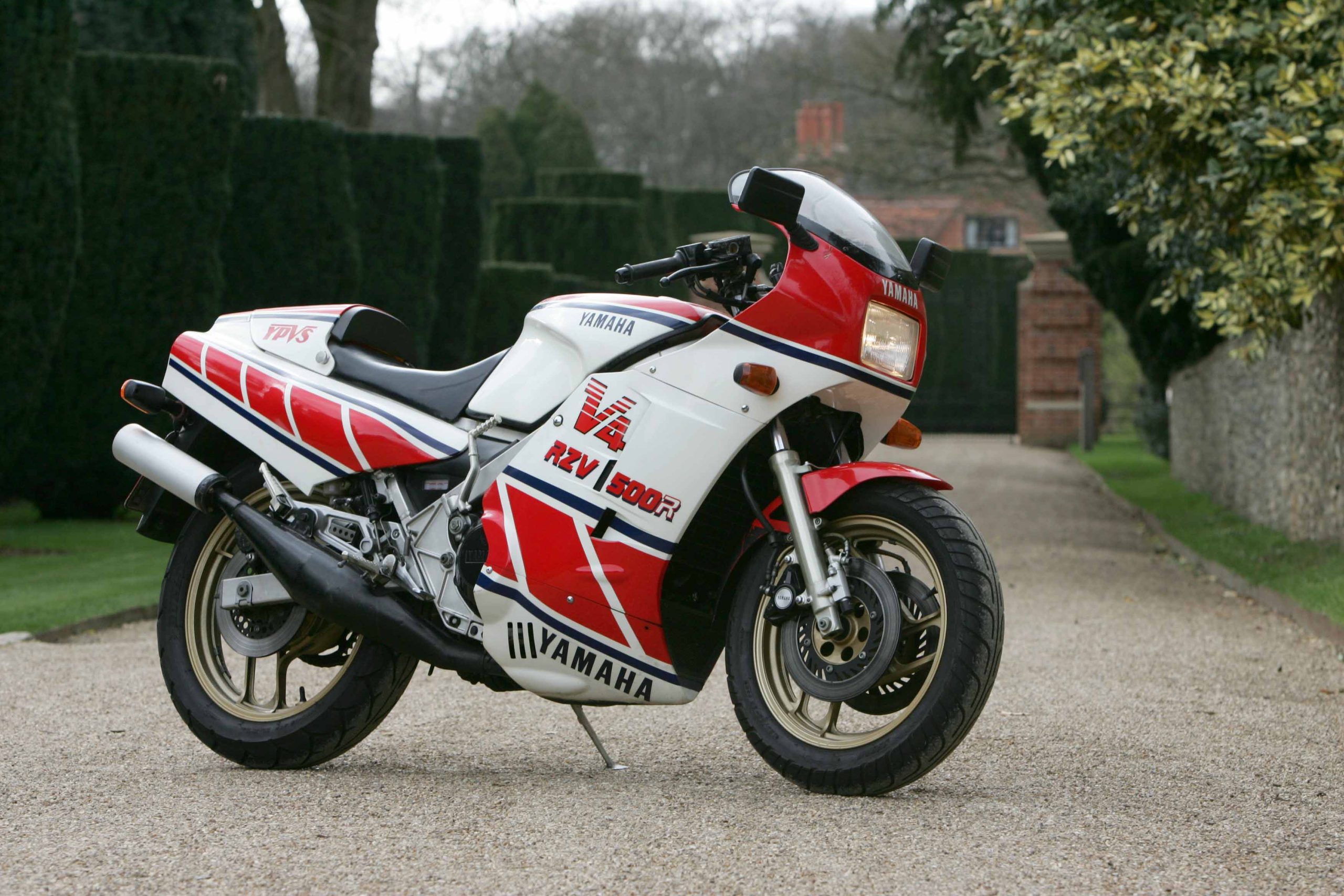


I believe a number of these strange heads were designed for machine assembly.My late father ,who designed and built machines for a living,explained that the Posidrive was designed to attach to the driver.And how many of you have used the wrong driver,and ruined the head? Mind you,he did come up with a classic as to why our machines never had less than a half inch bolt.” The smallest you can’t shear with an ordinary spanner”!
Good article. Stumbling across weird fixings ruins the moment.
Thought my toolbox was decent until I stumbled across a square oil sump plug on a Renault.